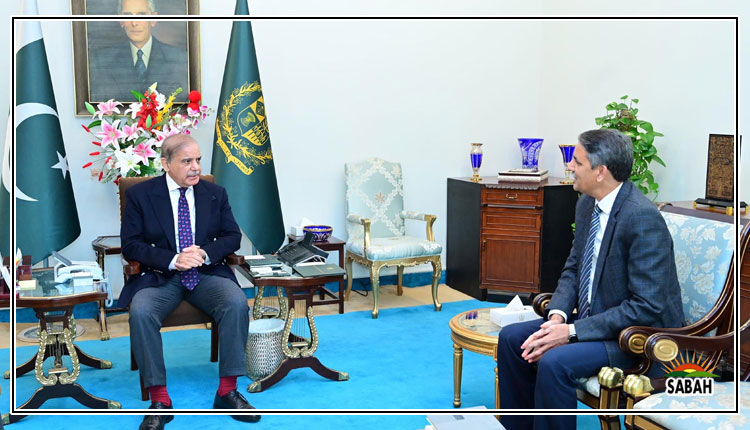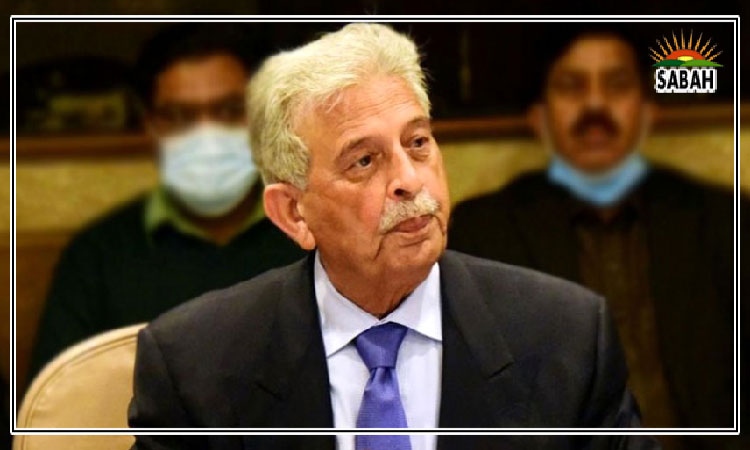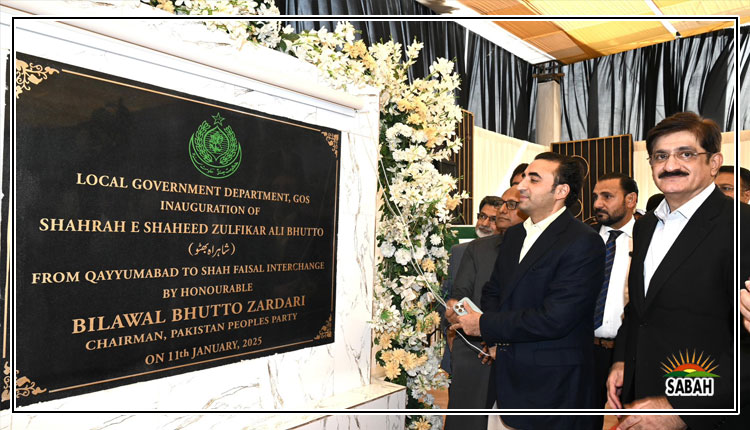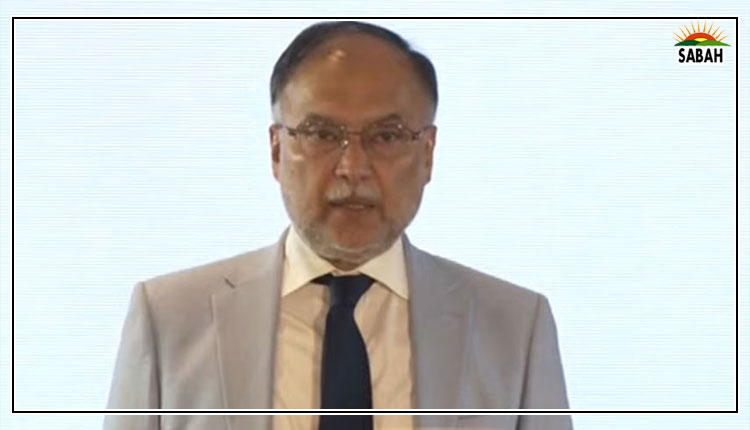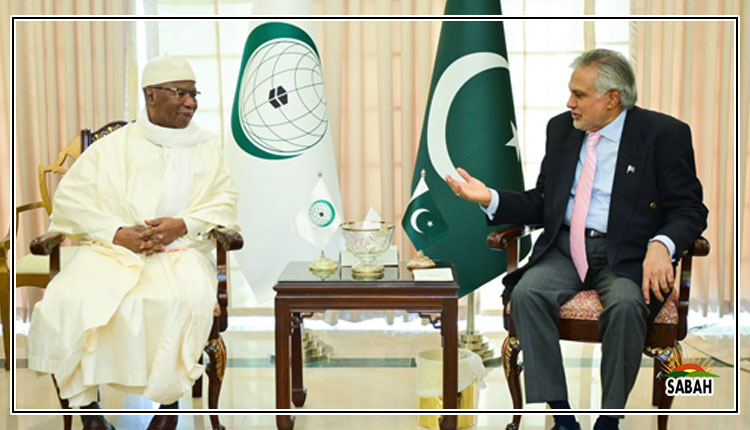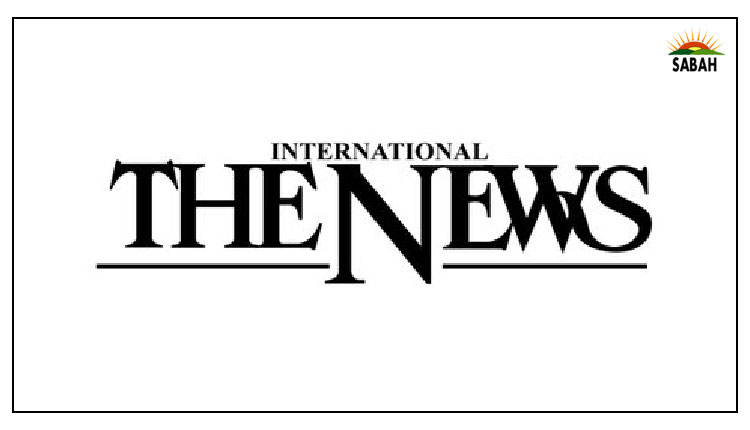Living in a nightmare…Abdul Sattar
The recent protests against inflated bills seem to be suggesting that people are no longer ready to tolerate the skyrocketing inflation that has been plaguing the lives of more than 220 million souls for years now. It is not only the over 60 million people living on the bottom layer of social stratification who have been thrown into the abyss of misery because of unbearable prices of commodities. Now sections of middle, lower middle and upper middle classes have also been badly affected because of the phenomenal surge in the prices of energy and other commodities.
Spontaneous protest demonstrations have erupted in several parts of the country. Millions are finding it hard to pay school fees for their children, leading to fears that this could impact upon girls education in particular as the situation might force parents to secure quality education selectively. In our patriarchal society when parents do not have enough money to put all their children in good schools and when they have to make a gender-based choice in matters of quality education, they tend to prefer boys over girls. Some parents might be forced to send their boys to English medium schools while enrolling girls in state-run schools that have been left under-funded for decades now.
Caretaker Prime Minister Anwar Ul Haq Kakar sprang into action summoning an emergency meeting to address the issue but critics are sceptical, asserting that the current dispensation cannot take drastic measures to alleviate the sufferings of people because of the limited constitutional mandate that it has been given by the law of the land. However, there are others who believe that nothing can prevent Kakar, his cabinet and provincial authorities from taking some pro-people administrative steps that might go some way in reducing the difficulties of ordinary Pakistanis.
It is not just energy prices or the price hike of essential commodities that have affected people badly; expenses on health, education and drinking water have also added to peoples financial woes. For instance, 40 years ago, most of the people would send their children to government schools, which would be completely free and their standard was not as bad as it is today.
Despite receiving hefty salaries, many teachers at these schools dont bother to teach properly with some preferring to receive salaries while sitting at home. More than 4000 schools are lying nonfunctional in Sindh alone while thousands of schools in the four federating units, AJK and GB lack facilities. Some radical steps have been taken in GB to improve such places of learning but the situation in other parts is very disappointing. Thousands of schools are bereft of proper toilet facilities, drinking water, science labs, furniture, libraries and even boundary walls in some cases. Some of these schools in parts of Sindh, Balochistan and southern Punjab have also been encroached upon by miscreants. The state should use its force to end the encroachment of schools besides ensuring proper utilization of maintenance funds. Such actions do not require billions of dollars, just some administrative will.
If the state takes such steps, it might prompt parents to send back their children to government schools which will definitely help them save the thousands of rupees they have been spending on their kids education. Educational expenses greatly affect the budget of an ordinary Pakistan; even a low-grade government servant or a poor labourer has to send his/her child to small English medium schools located in working class areas which on average charge Rs400 to Rs1200 rupees per child monthly. If a parent has four or five children, it means on average s/he spends Rs5000 to Rs7000 on the education of the children alone. If the government can ensure the attendance of teachers, maintenance of schools and quality education, that could help get people on the path of self-sustenance. The same could be done at government colleges.
More than 20 million children are out of school. It might take an administrative measure to launch second and third shifts in schools, encouraging parents to send such students back to schools. If there is a paucity of space, state-run colleges can also be used as schools for second and third shifts while help from NGOs can also be sought to ensure that these schools work smoothly.
Health is also one of the major expenses for people and in case of surgery at a private hospital, it could become the most financially burdensome thing. Again, it may be noted that four decades ago most of the people would go to government hospitals where treatment would be completely free and healthcare staff would tend to be more responsible and efficient.
With the mushroom growth of private hospitals, the performance of public hospitals has declined. A number of employees at these health facilities do not want to perform their responsibilities in an effective manner. Administrators of private hospitals act like butchers, slaughtering their patients financially in a merciless way and charging exorbitant amounts for surgeries that might force people to invest their entire savings. Quality treatment at public hospitals would not only save people from the predatory health entities but also mitigate their financial difficulties.
Before the emergence of mineral water companies, millions of Pakistanis would receive drinking water through municipal bodies. But the country has witnessed ruthless commercialization of this precious gift of nature. In Pakistan, 80 per cent of easily preventable diseases are caused by contaminated water that millions of Pakistanis have been drinking. A mere installation of water filter plants in one area could save thousands of Pakistanis not only from these preventable diseases but water expenses as well. For instance, the federal capital has a number of water filter plants where one can see long queues of people. The long queues, sometimes under the sizzling temperature, clearly indicate that people want to save the money they spend on water.
Local water companies have witnessed a mushroom growth across the country with most people spending somewhere between Rs3000 and Rs5000 on water alone. Again, administrative measures can help people get filtered water. This could boost their savings which might be used for other purposes. The state needs to make it clear to these water companies that this precious commodity is not in abundant supply. Therefore, the needs of the people would be preferred over the profits of a few companies.
In cities like Karachi, control of crime could be a financial blessing for ordinary Pakistanis. Over a million mobiles, motorcycles and cars have been snatched in the metropolis during the last 22 years. Workers in industrial areas sometimes are deprived of their entire months salaries by unbridled gangs that have been operating in the city with a strong sense of impunity. Billions of rupees are spent yearly on law and order and policing. The city has hundreds or possibly thousands of cameras but citizens have not witnessed any respite from street crimes. Such prevention could also financially help over 20 million people.
Courtesy The News



